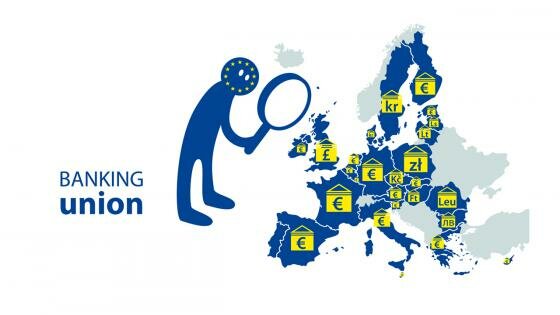The recent financial crisis demonstrated the need for better regulation and supervision of the EU financial sector, particularly in the euro area.
The crisis in the euro area and differing national responses to it highlighted the inter-dependency between banks and national governments. Moreover, different national solutions led to fragmentation of the single market in financial services, which in turn contributed to disruptions in lending to the real economy.
EU leaders therefore agreed that the Economic and Monetary Union (EMU) needed to be strengthened further and that part of that effort would involve the creation of an integrated financial framework, later renamed the banking union.
For this reason, the Greek Presidency highlighted as one of its key priorities to successfully complete the negotiations with the European Parliament to reach a political agreement on the last decisive step towards the completion of this ambitious project, the Regulation on the Single Resolution Mechanism.
After long and arduous negotiations, the Greek Presidency, representing the Council, has managed to reach a historic agreement for the conclusion of this important dossier.
This landmark legislation comes to complement the Single Supervisory Mechanism, as well as the new European rules on capital requirements of European banks, and two other legislative initiatives, the Bank Recovery and Resolution Directive and the Deposit Guarantee Schemes Directive.
What is the banking union?
Does this affect the lives of EU citizens or is it just about saving the banks?
What is the purpose of the banking union?
What does it involve?








